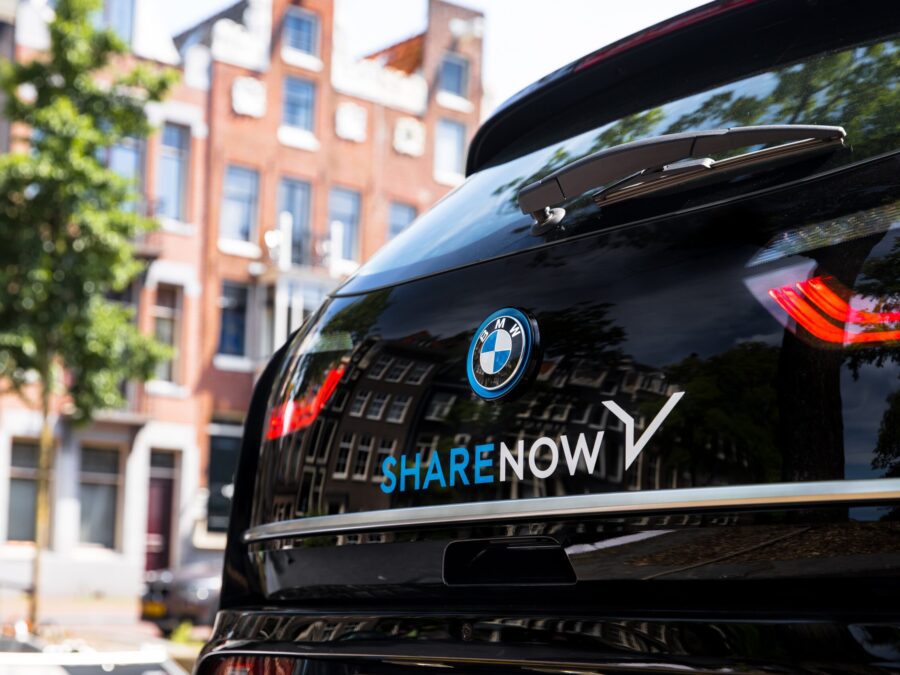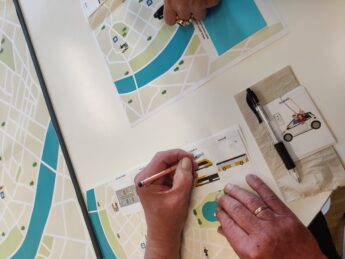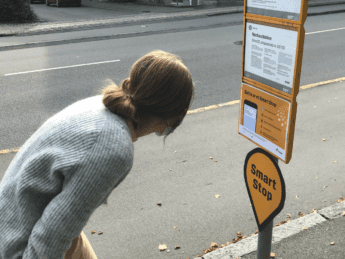
Situation
Carsharing is one of the easiest sustainable alternatives to car ownership. However, its success depends on the context and therefore requires the support and sponsorship of local municipalities. Thus, a partnership between Copenhagen, London, Munich, and Tel Aviv-Yafo was formed to investigate how to optimise the added value of car-sharing. The members of the partnership were universities, municipalities, and commercial car-sharing companies in these cities. Hence, the project aims to promote car-sharing services to enable and encourage sustainable urban mobility by developing the framework for personalised incentives. The key ingredient for the uptake of car-sharing is to fully understand what the relevant local incentives are and how they affect preferences, leading to sustainable car-sharing behavior and lowering operational ride costs.
Complication
To understand the relevance of incentives and preferences behind the use of car-sharing services, Epinion assisted the Share-More project partners in developing a conjoint experiment based on a fusion of qualitative and quantitative data. More specifically, the experiment consisted of a tailor-made and choice-based survey design that aimed to capture the main points raised in the focus groups and interviews conducted in the initial qualitative data collection. The survey was conducted in three cities, Copenhagen, Munich, and Tel Aviv-Yafo, among citizens with a driver’s license. In the conjoint experiment, the respondents were presented with a range of different carsharing plans with various attributes, i.e. incentives to choose a car-sharing product (guaranteed child seat, business packages, pricing/costs, different parking schemes, vehicle characteristics, etc.). In addition, the presentation of the incentives was randomly varied to ensure valid variance in data.
Recommendation
The The conjoint survey ensured that the Share-More partners had new and solid, quantitative data for their analyses of carsharing plans. The survey analysis provided insights as to general and city-specific potential incentives and preferences behind selecting one car-sharing service plan over another. In general, the Share-More project achieved its goals in identifying potential incentives, types of stakeholders for which to perform personaliszation, and demonstration of its perceived influence. The main conclusions were that: 1. Car-sharing policy-oriented incentives should be tailored to address specific needs; 2. Context tailoring is needed as cities differ by their baseline situation and local culture; 3. To supply such incentives, existing carsharing apps can be adapted to foster changes in users’ choices towards more sustainable results, both for the city and the operators. Read more on the project website: https://eitum-sharemore.net.technion.ac.il/





